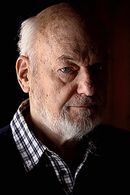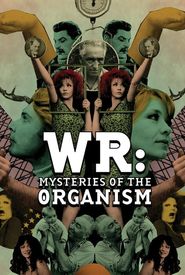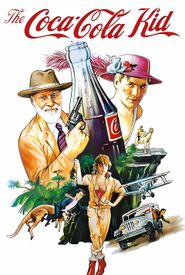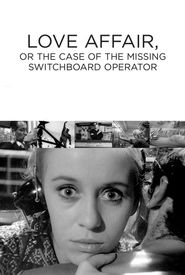Dusan Makavejev is the most prominent figure in Yugoslavian film history, with his films deeply rooted in his nation's painful post-war experiences and drawing on important Yugoslavian cinematic and cultural models. His work has violated many political and sexual taboos and invited censorship in dozens of nations.
Makavejev's career began in the 1950s, after studying psychology at Belgrade University, where he became involved in film societies and festivals and studied direction at the Academy for Radio, Television and Film. He started making short films and documentaries in 1953 and worked at both the Zagreb and Avala studios during the late 1950s and early 1960s.
The documentary impulse remains powerful in Makavejev's work, as does the tendency to intercut undigested segments from other films into longer works. He enjoyed great critical success with his first three features, Man Is Not a Bird (1965),"LoveAffair" (1967),and Innocence Unprotected (1968),which were highly allegorical and relied on techniques derived from Brecht and influenced by Godard.
Much of Makavejev's work has been uncompromisingly experimental and politically outrageous. WR: Mysteries of the Organism (1971) is the best example of this combination and is the director's most influential work to date. The film is a documentary Makavejev researched in the late 1960s while in the US on a Ford Foundation grant and was eventually financed by German TV.
Makavejev's next film, Sweet Movie (1974),was made in Canadian exile, with some production resources furnished by the National Film Board of Canada. It is a disjointed, two-part narrative that focuses on radical techniques in sexual psychotherapy and intertwines an acidic, allegorical fable of the decay of Yugoslavia's socialist legacy.
Montenegro (1981) has been Makavejev's greatest financial success to date. Political commentary and formal experimentation are subordinated to narrative drive in this story of a housewife who grapples with sexual liberation and fails.
The Coca-Cola Kid (1985),Makavejev's second major international co-production, was marred by on-set squabbles between actors, and the rejection of Makavejev's intriguing plan to use a long reel of multilingual Coca-Cola commercials as a narrative structuring device. What emerged was a genuinely erotic film that takes a quirky, satiric view both of its Australian setting and the international business world.
Makavejev's long exile from his homeland ended in 1988 with the release of Manifesto (1988),a Ruritanian political farce mostly shot in Yugoslavia. Although the film marks the most disciplined, traditional storytelling of Makavejev's career, it has seen only limited bookings in the US.
































